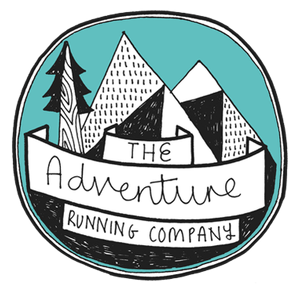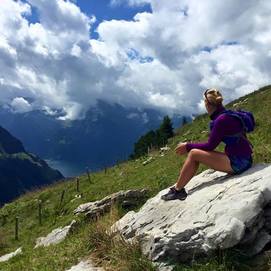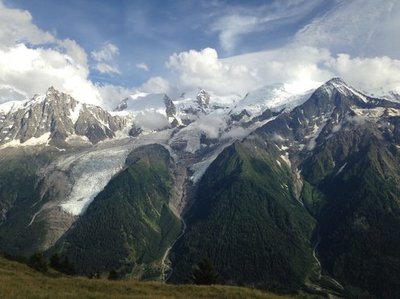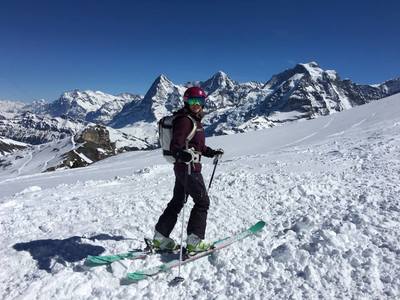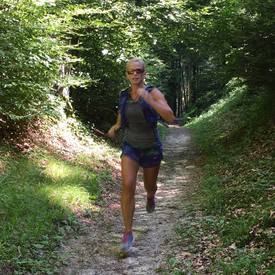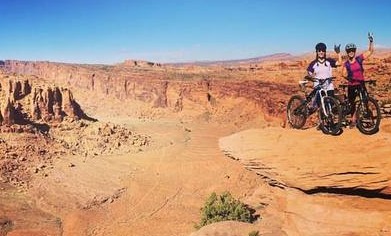RUN EXPLORE ADVENTURE
The Adventure Running Company Ltd. Registered in England & Wales, no. 10670502
© 2023 The Adventure Running Company All Rights Reserved. Site design by Nikki Barnard // Illustrations by Kate Sutton
